Charles King - The Black Sea, A History,
Oxford University Press Inc., New York, 1994, pg. 214
“...The Lausanne treaty has been written as if distinguishing between "Greeks" (the term for Orthodox Christians) and Muslims was an easy thing—as if both communities should have felt some affinity for Greece and the new Turkish Republic as their natural homelands. But in a many communities, the lines were indistinct. A person of Orthodox religious affiliation—the only criterion, according to the treaty, for being "Greek" —might speak only Turkish or a variety of Greek unintelligible to a Greek-speaker from the Aegean. A Muslim from Greece likewise might be most comfortable in Greek or a Balkan Slavic language, not Turkish.
Nevertheless, communities were marked for wholesale removal based on their presumed ethnic traits. Disputes over whether a person or a family was, in fact, "exchangeable"—subject to a compulsory deportation—were adjudicated by a special intergovernmental committee established under Lausanne.
By the middle of the 1920s, Trabzon, Samsun and Sinop had been virtually emptied of Christians. Even the Greek-speaking communities of the Pontic uplands, the Matzouka region where the last remnants of Byzantium had lingered on in monasteries and villages for centuries, came to an end.
People who still called themselves Romans—Romaioi or Rumlar—suddenly became "Hellenes", just as people who had once been simply Muslim now became "Turks".
And both found themselves in new, national homelands to which they had never owed allegiance.
It was "a thoroughly bad and vicious solution," declared Lord Curzon, one of the framers of the Lausanne treaty, "for which the world would pay a heavy penalty a hundred years to come." …’’
That one i found some time ago here in the MT Forum:
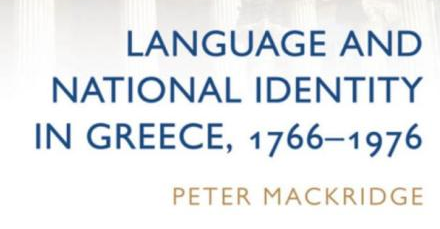
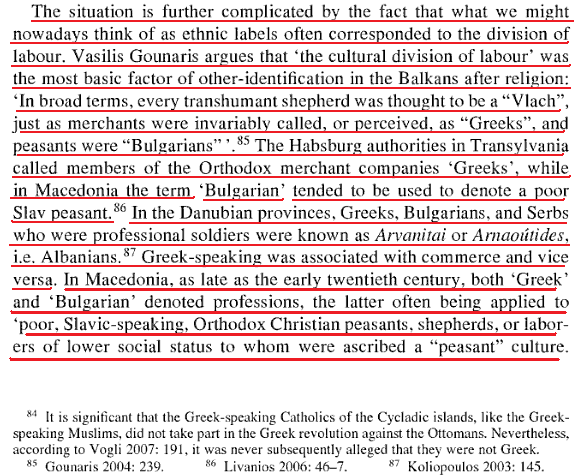
Oxford University Press Inc., New York, 1994, pg. 214
“...The Lausanne treaty has been written as if distinguishing between "Greeks" (the term for Orthodox Christians) and Muslims was an easy thing—as if both communities should have felt some affinity for Greece and the new Turkish Republic as their natural homelands. But in a many communities, the lines were indistinct. A person of Orthodox religious affiliation—the only criterion, according to the treaty, for being "Greek" —might speak only Turkish or a variety of Greek unintelligible to a Greek-speaker from the Aegean. A Muslim from Greece likewise might be most comfortable in Greek or a Balkan Slavic language, not Turkish.
Nevertheless, communities were marked for wholesale removal based on their presumed ethnic traits. Disputes over whether a person or a family was, in fact, "exchangeable"—subject to a compulsory deportation—were adjudicated by a special intergovernmental committee established under Lausanne.
By the middle of the 1920s, Trabzon, Samsun and Sinop had been virtually emptied of Christians. Even the Greek-speaking communities of the Pontic uplands, the Matzouka region where the last remnants of Byzantium had lingered on in monasteries and villages for centuries, came to an end.
People who still called themselves Romans—Romaioi or Rumlar—suddenly became "Hellenes", just as people who had once been simply Muslim now became "Turks".
And both found themselves in new, national homelands to which they had never owed allegiance.
It was "a thoroughly bad and vicious solution," declared Lord Curzon, one of the framers of the Lausanne treaty, "for which the world would pay a heavy penalty a hundred years to come." …’’
That one i found some time ago here in the MT Forum:


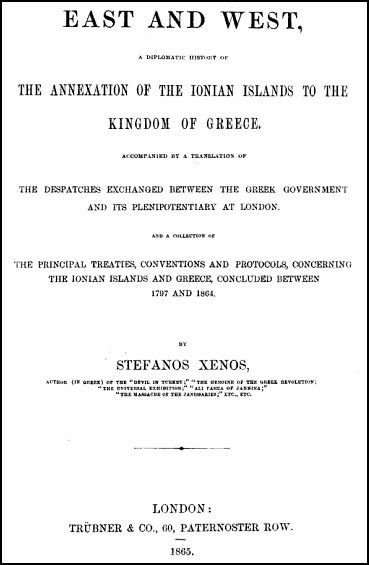
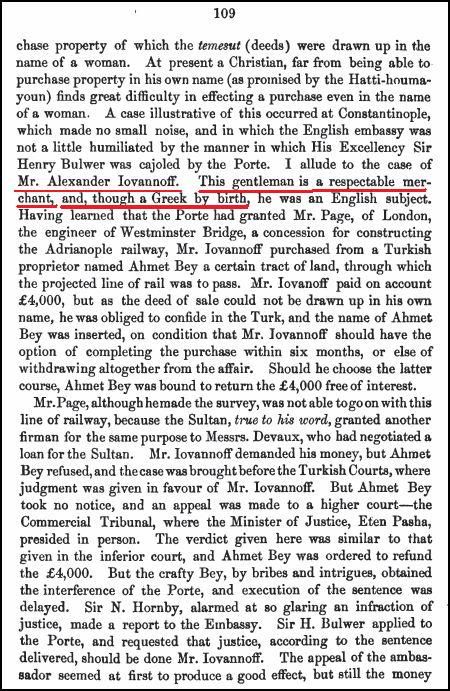

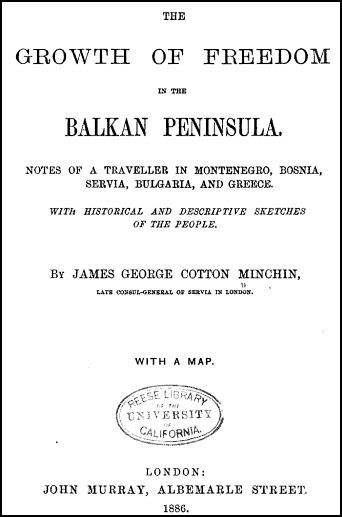
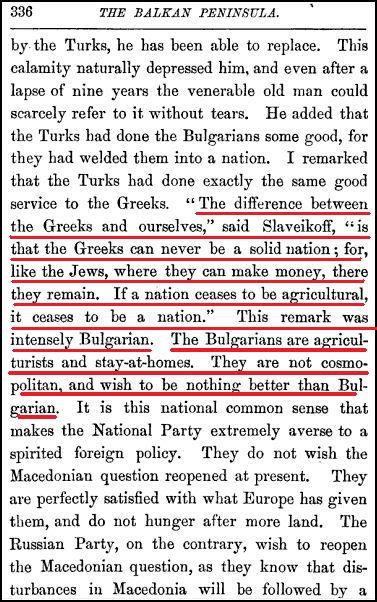

Comment